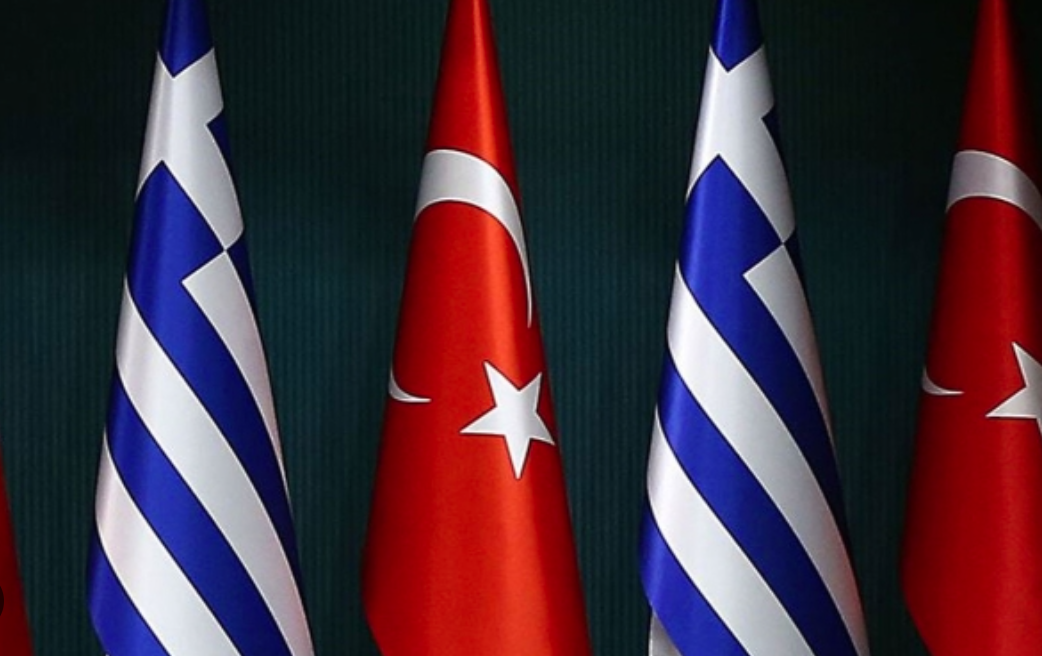Alexander Gale reports in Greek Reporter on February 19, 2023.
In recent years, relations between Athens and Ankara have arguably reached their lowest point since the two countries nearly went to war in 1995 Imia crisis.
However, there are growing hopes that a recent showing of goodwill in the aftermath of the earthquakes which shook Turkey earlier this month could contribute towards the normalization of relations between Greece and Turkey.
Turkey’s foreign minister, Mevlüt Çavuşoğlu, spoke at length this week about the possibilities of détente between Greece and Turkey.
Normalization of relations between Greece and Turkey
Greece responded to the earthquakes which shook parts of southern Turkey and northern Syria by quickly dispatching aid, most notably provided by EMAK, a specialist disaster relief unit that is part of the Hellenic Fire Service.
The natural disaster also prompted Greek Prime Minister Kyriakos Mitsotakis and Turkish President Recep Tayyip Erdoğan to engage in a direct conversation for the first time since March last year.
Speaking to members of the Greek press in earthquake-stricken parts of Turkey, Turkish Foreign Minister Mevlüt Çavuşoğlu said “there are areas in which progress must be made step by step. There must be a positive agenda and this was one of the proposals of Nikos Dendias when he was in Ankara after the tensions we had in the eastern Mediterranean”.
“For example, let’s continue our talks, exploratory talks, Confidence Building Measures (CBM) between the military at the NATO level and at the bilateral level,” Çavuşoğlu also commented. “we have made the proposals and are waiting for a response from the Greek side”.
Greek diplomatic sources responded to the comments of the Turkish foreign minister, saying: “Greece systematically promotes good neighborly relations, peace and stability in the wider region, resolving outstanding issues with its neighbors based on the application of International Law and the International Law of the Sea, in the context of respecting the Principles and Values of the UN Charter”.
Reflecting further on bilateral relations between Greece and Turkey Çavuşoğlu added “In the past we supported each other as neighbors. Yes, we had disagreements and sometimes escalations. However, as we discussed with Nikos Dendias on the way to Hatay, we should de-escalate and not wait for another disaster to occur in order to work together,” Mevlut Cavusoglu said and concluded on this issue
“Earthquake diplomacy”
This is not the first time that a natural disaster has opened a window of opportunity for Athens and Ankara to de-escalate rising tensions. In 1999, both countries were hit by earthquakes in relatively quick succession. Despite a prolonged period of hostility between Greece and Turkey, the governments of both countries responded by swiftly dispatching humanitarian aid and disaster relief.
Just three years before Greece and Turkey were struck by the earthquakes, the two countries had nearly gone to war over a pair of uninhabited islets known as Imia in Greek and Kardak in Turkish. A serious military confrontation was averted at the eleventh hour largely thanks to a timely US diplomatic intervention.
However, tensions remained high between Athens and Ankara until 1999 when Greece and Turkey came to each other’s aid. The phrase, “earthquake diplomacy” was coined to describe the betterment of bilateral relations that subsequently ensued.
Greek Reporter, February 19, 2023 by Alexandre Gale.

